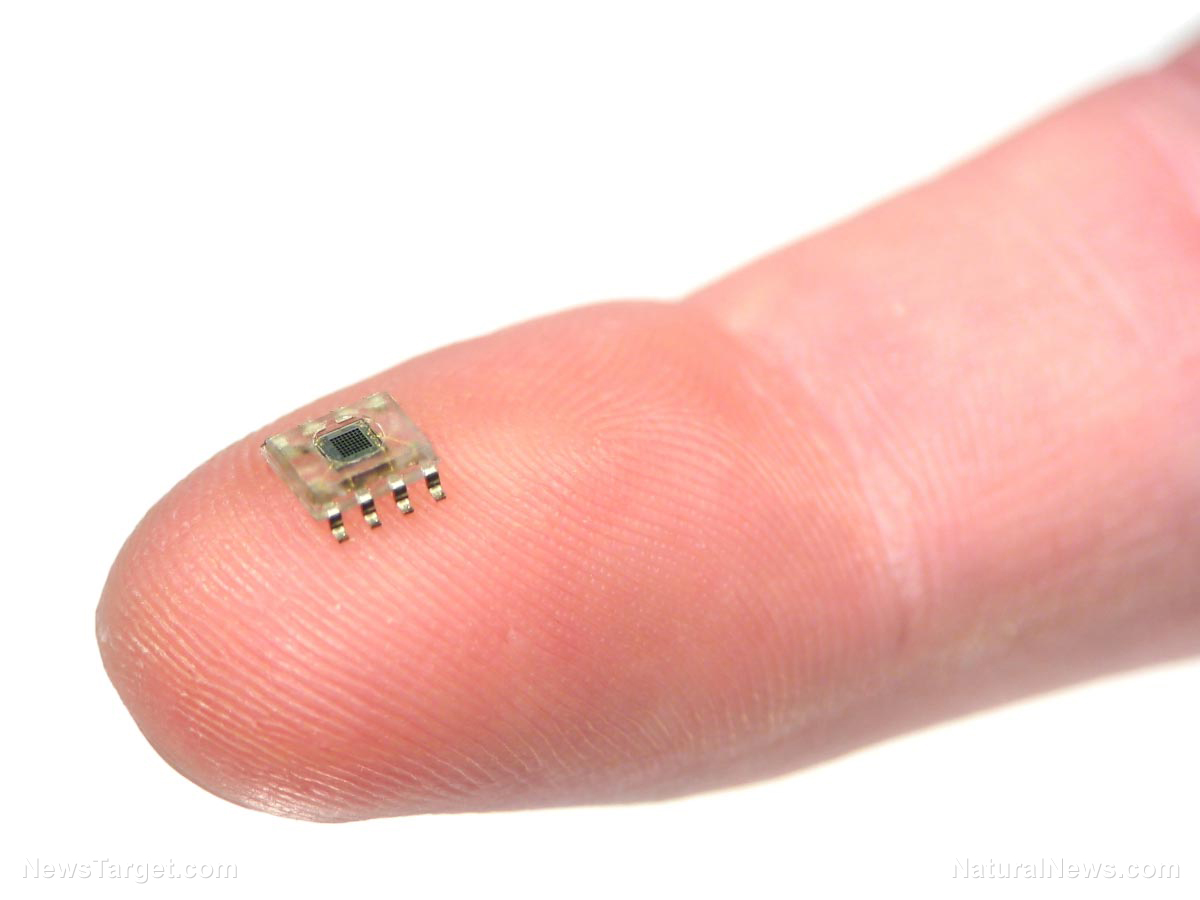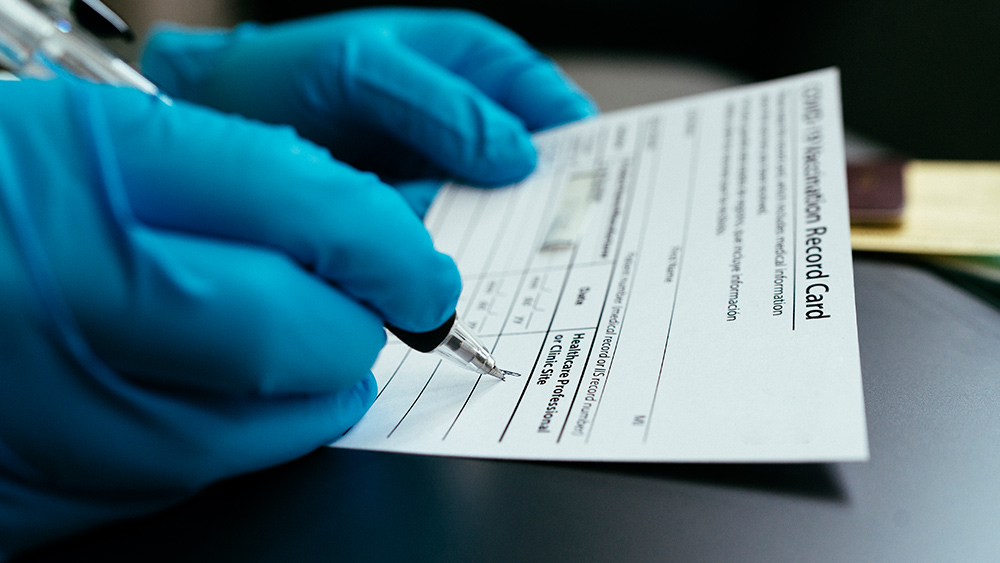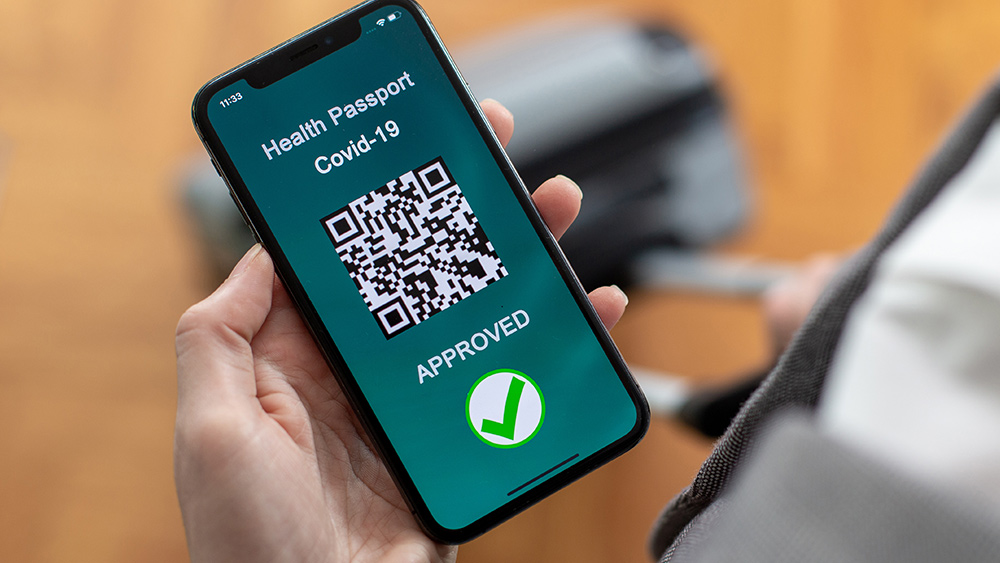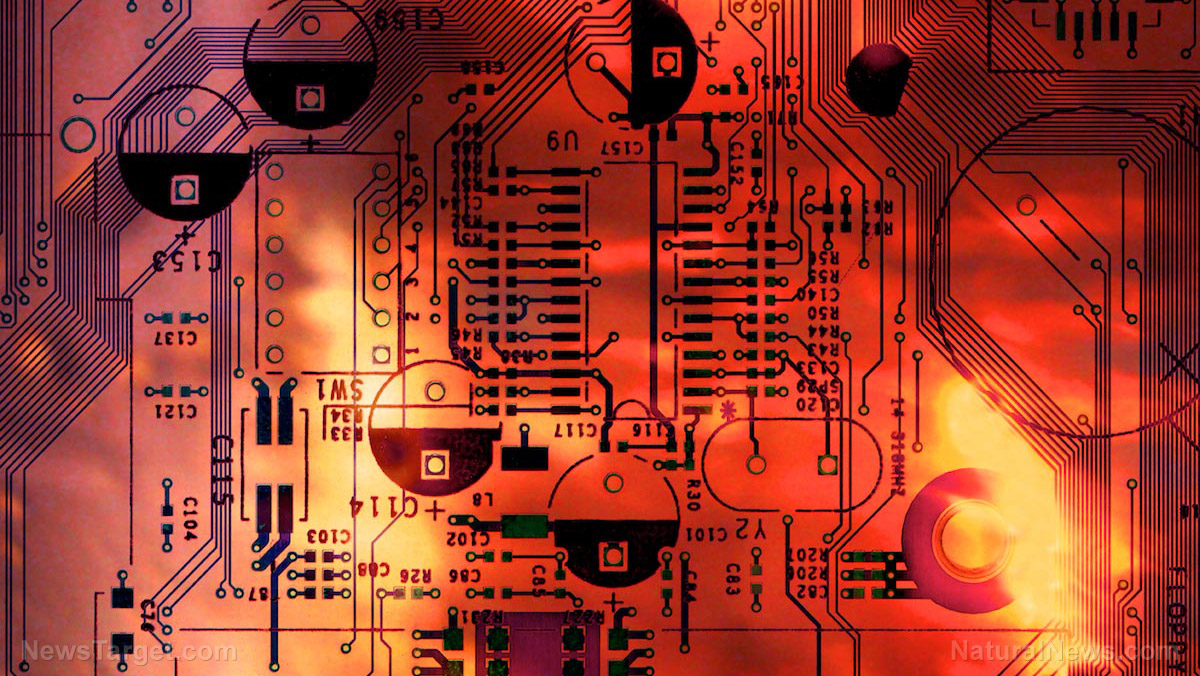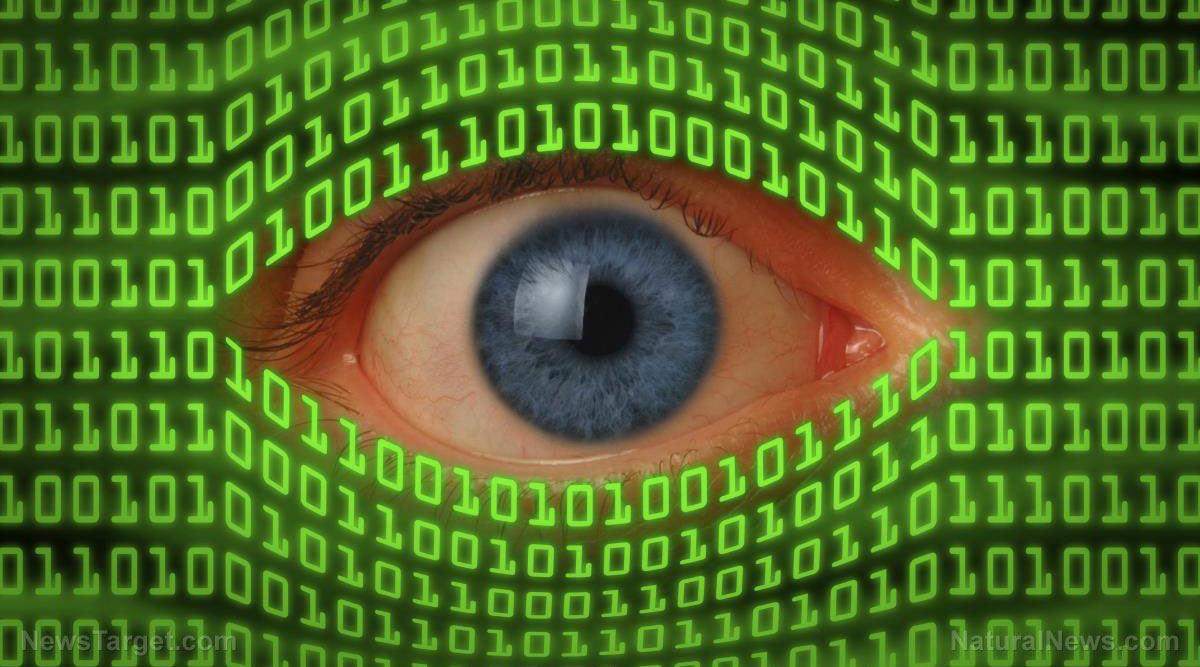Amazon can now monitor you while you sleep, thanks to the FCC
07/14/2021 / By Arsenio Toledo
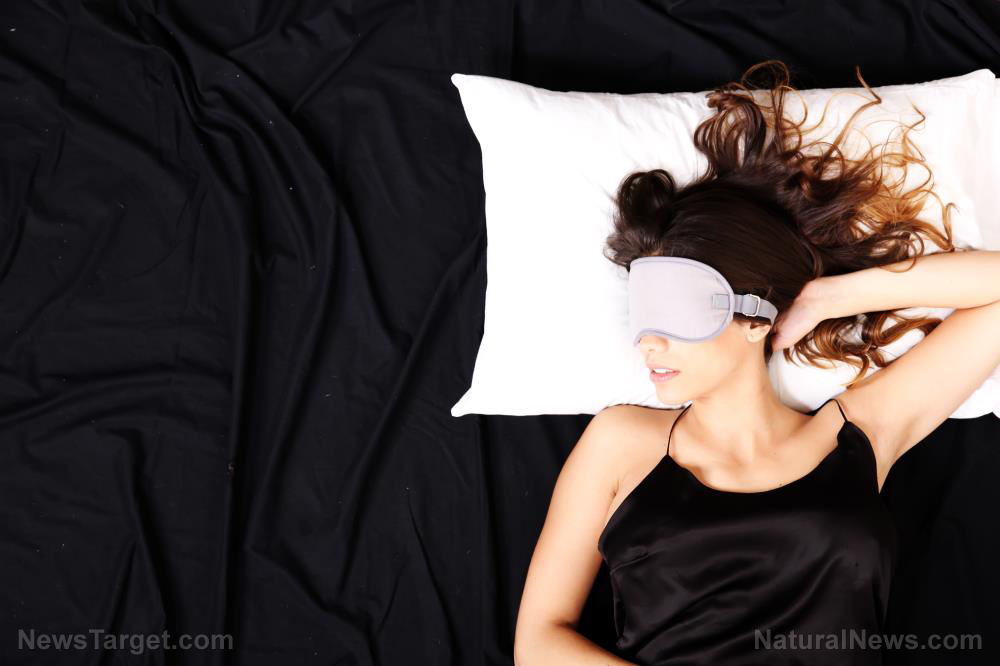
On Friday, July 9, the Federal Communications Commission (FCC) gave Amazon the green light for a new device that utilizes radar sensor technology that can monitor people’s sleep.
According to the FCC’s approval document, Amazon’s description of its proposed device uses radar sensors “to enable touchless control of device features and functions.”
The document added that the device would be stationary, and Amazon “plans to use the radar’s capability of capturing motion in a three-dimensional space to enable contactless sleep tracing functionalities.”
Amazon submitted its request to develop its device with the FCC in June. The company said the radar would help monitor people’s sleep “with a higher degree of resolution and location precision than would otherwise be achievable.”
The company claims that tracking people’s sleep patterns can help “improve awareness and management of sleep hygiene” as well as allow customers to recognize potential sleep issues. This is supposed to produce “significant health benefits.”
The tech giant says monitoring sleeping patterns will be important for people “with mobility, speech or tactile impairments.”
Amazon’s filing with the FCC does not go into much detail regarding the radar. It does not even say if it will be a new device or if it will be an add-on to an existing Amazon smart device.
Ben Patterson, a senior writer for Tech Hive, surmised that “it’s easy to imagine the sensor appearing in an Alexa-powered Echo Show smart display.” (Related: Amazon is about to start sharing Alexa owners’ bandwidth with their neighbors.)
“One fact that is in the filing is that the radar would not be for a mobile device,” added Patterson
The tech giant has not made it clear why it wants to track people’s sleep data.
Other tech companies investing in sleep tracking devices
Amazon would not be the first company to track people’s sleep data. The second generation of the Google Nest Hub, an upgraded version of its Google Nest smart speaker, has a built-in sleep sensor. This is the product Google touts as Alexa’s main competitor.
The Google Nest Hub’s sleep sensor is powered by a small radar that can detect people’s breathing patterns while they sleep. It can then provide people with detailed reports regarding their sleep history and quality.
This is also not the first time it has been reported that Amazon was building a sleep monitoring device. In early January of this year, journalist Eugene Kim for Insider reported that Amazon was in the process of creating a device enabled by Alexa that can monitor sleep apnea. Amazon has not responded to queries as to whether or not the device, internally codenamed “Brahms,” is linked to the device it submitted to the FCC.
It should also be noted that sleep tracking devices like the Nest Hub and the radar sensing device Amazon is developing have been in the market for some time now. They come in the form of wearable fitness trackers, such as those made by Fitbit.
Fitbit, an electronics and fitness company owned by Google, manufactures smartwatches that people can wear when they go to sleep. If they are wearing it when they go to bed, it can keep tabs on their sleeping habits. Apple’s own Apple Watch features similar capabilities.
Amazon itself has recently released its own smartwatch known as the Halo Band. Like the Fitbit, it can also monitor a person’s sleeping patterns as well as his or her steps and heart rate throughout the day.
The difference between the smartwatches and Amazon’s radar sensor is that it captures “motion in a discrete space that is characterized by a short distance between the radar and what it is sensing,” read the FCC’s document. “The power level under which the Amazon Radar Sensor will be permitted to operate will be the same as we previously permitted in the Google Waiver.”
Companies like Amazon and Google are always developing technology and various “smart” devices that may infringe on people’s privacy. Learn more about these technologies at PrivacyWatch.news.
Sources include:
Tagged Under: Amazon, Big Brother, Big Tech, corporations, FCC, Federal Communications Commission, gadgets, personal privacy, privacy, privacy and surveillance, privacy watch, sleep, smartwatch, surveillance, tech giants
RECENT NEWS & ARTICLES
COPYRIGHT © 2017 PRIVACY WATCH NEWS



